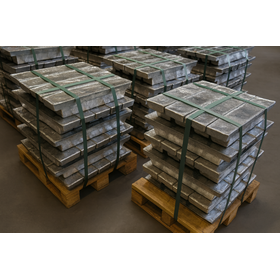I will introduce you to residue cracking (solder with flux, solder paste).
The details below describe the cracking of flux residue in solder with flux and solder paste, so please check them.
Inquire About This Product
basic information
For more details, please feel free to contact us.
Price range
Delivery Time
Applications/Examples of results
For more details, please feel free to contact us.
Detailed information
-

Residue cracking is a phenomenon that occurs when forces such as thermal contraction and bending are applied to flux residues, resulting in cracking or delamination.
-

Issues with Residual Cracking When cracks occur in the residue, phenomena such as moisture absorption in the cracked areas can occur, leading to a decrease in electrical reliability. Additionally, if the detached flux infiltrates switch contacts, it can cause operational failures.
-

Measures against residue cracking include substrate cleaning and the application of coating agents, but both come with cost issues. To address these challenges, a flexible flux has been developed and put into practical use. Our company offers residue cracking prevention solder and paste, so please contact us for more information.
catalog(3)
Download All CatalogsCompany information
Ishikawa Metal Co., Ltd. is a manufacturer and seller of lead-free and lead-containing solder, consistently engaged in solder production since its establishment. In addition to various types of rosin-core solder and solder paste, we also handle high-melting-point solder for semiconductors and flux for semiconductor mounting. We not only manufacture and sell unique solders, such as rosin-core solder for lasers and solder that can be used for aluminum and stainless steel, but we also propose solutions to customer issues such as splattering and wetting defects.







![[Soldering Defects] Wet defects, bridges, horns (solder with flux)](https://image.mono.ipros.com/public/product/image/8a8/2000660812/IPROS95170335891658259157.jpeg?w=280&h=280)


![Tin ingot [purity 96% to 99.999%] / recycled product](https://image.mono.ipros.com/public/product/image/0b0/2001537831/IPROS11164551567417570963.png?w=280&h=280)


